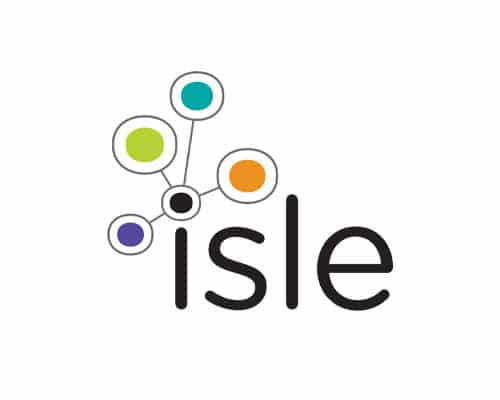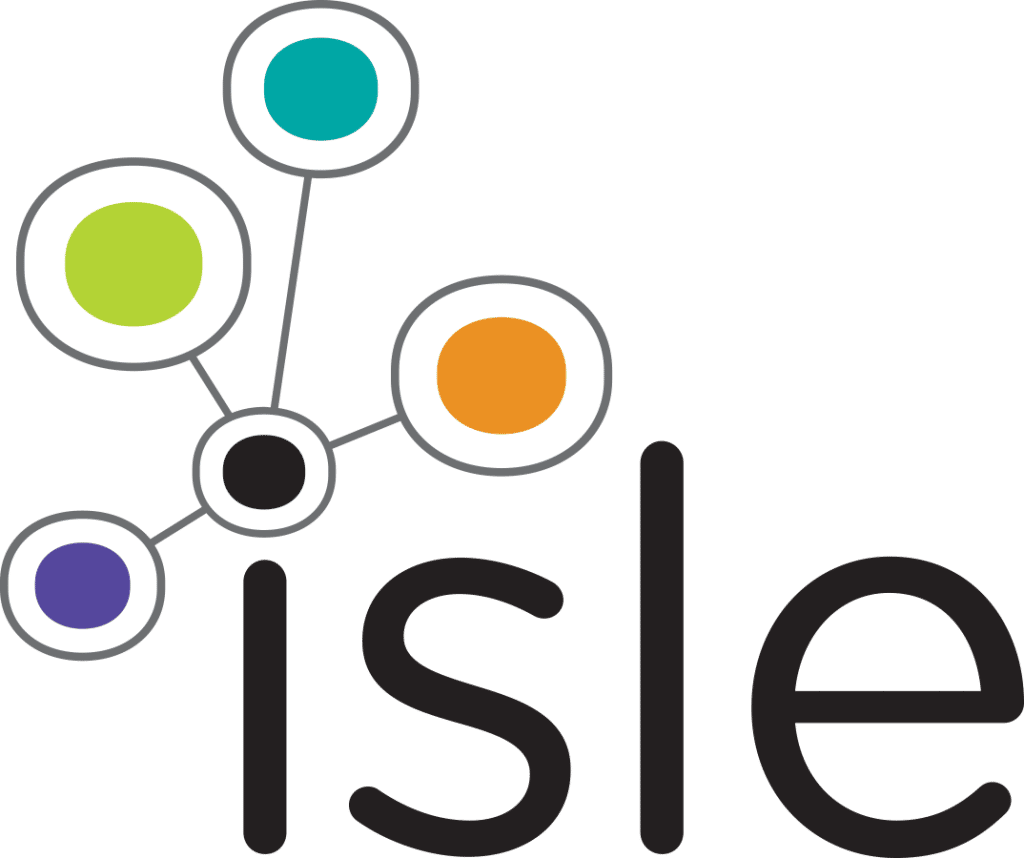One of the UK water sector’s ‘rising stars’ has called on the industry to find new ways to attract young talent in order to tackle urgent social and environmental challenges. That was the message of the latest Water Action Platform webinar from Isle – which sought to uncover the views of younger people coming into the water sector, delve into the challenges they face, as well as celebrate their achievements across the world. The event also featured interviews with Siddhartha Roy, an environmental engineer and research scientist who rose to prominence as a result of his work on the Flint water crisis, and Bob Taylor, chief executive of Portsmouth Water.
Water sector needs to attract young talent says Isle´s Alisha Syal
One of the UK water sector’s ‘rising stars’ has called on the industry to find new ways to attract young talent in order to tackle urgent social and environmental challenges.
That was the message of the latest Water Action Platform webinar from Isle – which sought to uncover the views of younger people coming into the water sector, delve into the challenges they face, as well as celebrate their achievements across the world.The event also featured interviews with Siddhartha Roy, an environmental engineer and research scientist who rose to prominence as a result of his work on the Flint water crisis, and Bob Taylor, chief executive of Portsmouth Water.
This special edition of the webinar was hosted by Isle technology consultant Alisha Syal, one of the UK’s Institute of Water’s Rising Stars – an initiative designed to develop the skills and professional excellence of new industry talent. The water sector has “tremendous potential to benefit society and the environment,” she said, but has a reputation for being “set in its ways.” An injection of younger workers is needed to meet the complex challenges that lie ahead, she added.
Facing the future
An ageing workforce has been listed as one of the top ten issues facing the water sector today, according to American Water Works Association (AWWA) State of the Water Industry (SOTWI) Report in 2020. In addition, the US Environmental Protection Agency, states that in the next ten years it is projected that 37% of water utility workers and 31% of wastewater utility workers will retire. At present just 1.7% of workers in the US water sector are younger than 25, and in the UK just 8% of all water workers are under 24.
“Different generations can learn from each other and ultimately make better informed and forward- thinking decisions,” said Syal. “Why is this important? Well, last year all around the world one-in-four people lacked safely-managed drinking water, and 3.6 billion people lacked safely-managed sanitation services, and 2.3 billion people lack basic hygiene services. “Now, with added factors like population growth, we need to keep up with the ever-expanding need for sustainable water supply and sanitation,” she said. “It’s about collaboration.”
Leveraging youthful idealism
In an exclusive interview, Roy discussed his own journey in the water sector, how he faced accusations of ‘youthful idealism’ and gave advice to young water professionals. “So many young people get into this field so that we can be of use to society and uphold their health and wellbeing – so to be accused of youthful idealism is bizarre. “The first tenet of civil engineering is to put the safety and welfare of the public at the heart. I think that’s idealism at its best and what is we all should be striving for.”
In 2015, as a graduate student at Virgina Tech, Roy played an instrumental role in uncovering the water crisis in Flint, Michigan. This public health crisis left tens of thousands of Flint residents exposed to dangerous levels of lead in their water supply and has become a signature case of environmental injustice.
In his advice for younger water professionals, Roy impressed the importance of communications, and the need to be able to work with multiple stakeholders, as well as being willing to gain knowledge across many different fields.The three key takeaways he wanted younger water workers to consider were:
- Develop your competence and be useful: always be eager to learn, and share this knowledge, for example, in teams and at conferences, so you are contributing to solving problems
- Be curious and ask for help and advice from experts in your field so you can get to where you want to: If someone is doing what you want to do, reach out – it´s more than networking, it´s about understanding what they did, who they know and what drives them
- Pay it forward – be generous with sharing your own knowledge and information that could be useful to others.
Watch Siddhartha Roy sharing his tips here
Benefits of a younger workforce – a CEO perspective
Bob Taylor, chief executive of Portsmouth Water, was interviewed by Syal about the benefits of having a young workforce, and how to attract and retain young people in the water sector. He said, “The advantage of having a young workforce is that you’ve got people coming in to replace and replenish an ageing workforce. In addition, young people come with a different mindset, a different skillset and different angles on important topics.
“While you are not going to get young people fresh out of university that have the same knowledge and experience as seasoned workers, it’s clear younger people of today learn quickly and are used to being inquisitive. Water companies need new ideas, ways of thinking, and innovation, and youngcan offer these fresh perspectives.”
Portsmouth Water, based in southern England, is leading the way when it comes to age diversity in its workforce, explained Taylor. The water company has set up a board of Future Innovators, comprised of younger employees charged with delivering specific projects, such as the company’s programme of community work.
Up next:
The next Water Action Platform webinar is on Thursday 25 August 2022 at 7.30am and 4.30pm GMT.
Click here to sign up to receive the invitation.
Isle have released a podcast, the Water Action Podcast, to accompany the Water Action Platform broadcasts which is now available on Spotify and Apple Podcasts
You can watch Water Action Platform 41 again here
About the Water Action Platform:
The Water Action Platform was initiated in March 2020 when Isle provided a platform to facilitate knowledge sharing for water utilities and water technology companies across the world as they navigated their way through the COVID-19 pandemic. Since then it has grown rapidly and reaches members in 107 countries, and covers a wide range of water-related topics. The sessions are a chance to hear from experts in the sector as well as learn about innovative water technologies. The Water Action Platform has become an incredibly vibrant forum for organisations and individuals to share their experiences; it is a brilliant example of collaboration and the sharing of best practice. The Water Action Platform includes over 1850+ people from 1200+ organisations across 107 countries. and is constantly growing.
www.wateractionplatform.com

